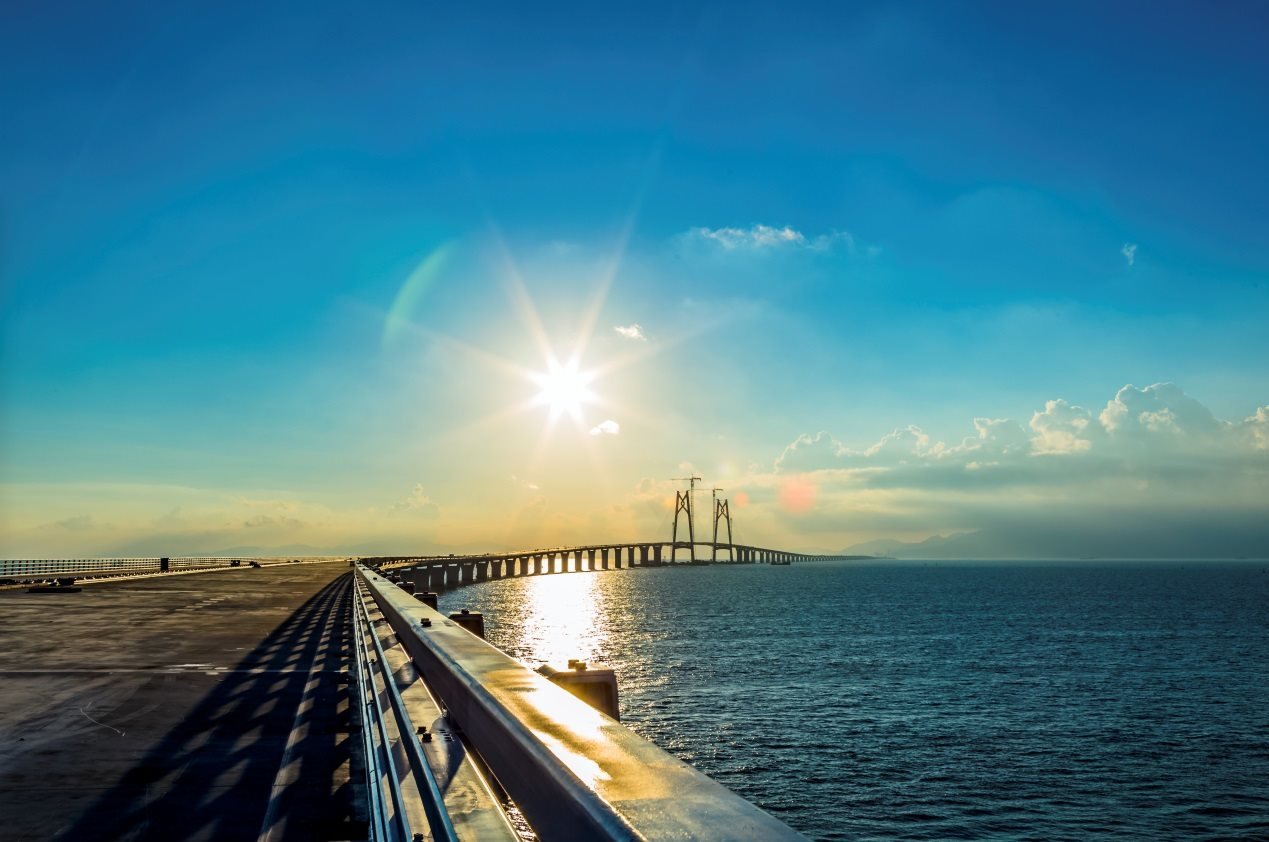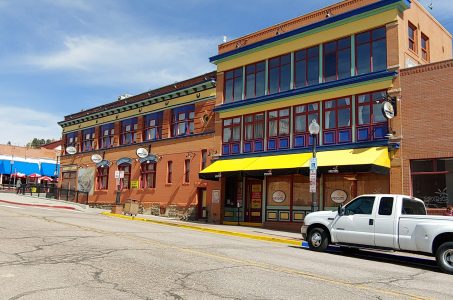Hong Kong Customs Bust Macau-Bound Money Laundering Gang on Sea Bridge
Posted on: August 27, 2021, 06:26h.
Last updated on: August 27, 2021, 12:10h.
Hong Kong authorities have disrupted a money laundering operation that planned to move bulk cash to Macau casinos through the Hong Kong-Zhuhai-Macau Bridge (HZMB).

It’s the first known instance of the bridge being used as a conduit for money laundering. It opened in 2018.
Customs officials detected the gang’s movements in May and launched an investigation dubbed “Operation Interceptor,” according to a statement released Wednesday by the Hong Kong government. This culminated in the arrest of five men suspected of transporting around HK$170 million (US22 million) into Macau.
Two of the five were arrested last Thursday when agents intercepted their vehicles on the Hong Kong side of the bridge. Officers seized HK$20 million (US$257,000) in cash from the men. Other members of the gang were described as “money changers” in the government statement.
All five have been charged with conspiring to “deal with property known or reasonably believed to represent proceeds of an indictable offense,” and for violating the Cross-boundary Movement of Physical Currency.
Casino’s Risky Business
The 34-mile-long bridge took nine years to build at a cost of $15.1 billion. It is the world’s longest sea bridge. Its aim marvel is to link the economies of Hong Kong, Macau, and the Pearl River Delta region more closely — although not necessarily their black economies.
Casinos are especially vulnerable to money laundering. because of the highly competitive, cash-intensive nature of the business. But Macau’s reliance on VIP gaming and junket operators places these casinos at ever great risk.
Despite strict controls on the movement of capital out of mainland China, a 2013 report by the US Congressional-Executive Commission on China estimated that the US $202 billion in “ill-gotten funds” was being channeled through Macau every year.
Around this time, Beijing and the Macau governments stepped up efforts to regulate the gambling industry as part of a wider campaign against corruption. From 2012, casinos were required to report suspicious transactions and player lists each month, making it harder for patrons to remain anonymous.
Beijing Crackdown
By 2014, this had escalated into a full-scale crackdown, as Beijing enforced visa and banking restrictions and squeezed the junket industry, sending Macau’s economy tumbling into a two-year decline.
Since 2016, Macau’s casinos have been required to hire compliance officers and keep daily records of all transactions, assuming more due diligence and operational obligations, as well as taking more pre-emptive measures to combat money laundering.
Related News Articles
Coronavirus Contagion Crimping Cash Flow For Macau Casino Operators
Most Popular
VEGAS MYTHS BUSTED: Golden Gate is the Oldest Casino in Vegas
Las Vegas Overstated F1 Race’s Vegas Impact — Report
Most Commented
-
End of the Line for Las Vegas Monorail
— April 5, 2024 — 90 Comments -
Mega Millions Reportedly Mulling Substantial Ticket Price Increase
— April 16, 2024 — 6 Comments
















No comments yet